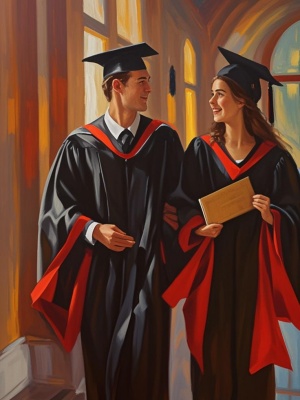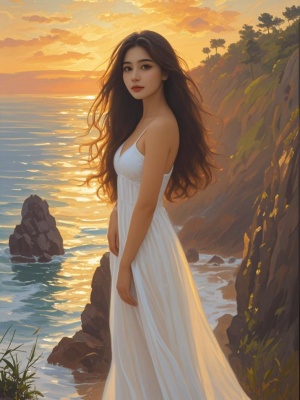The Art of Self Portrait Oil Painting: A Timeless Tradition
Self portrait oil painting is one of the most intimate and revealing forms of artistic expression. For centuries, artists have used this medium to explore their identity, document their appearance, and push the boundaries of technical skill. From Rembrandt's profound self-examinations to Frida Kahlo's symbolic representations, self portraits in oil offer a fascinating window into the artist's soul.
The Historical Significance of Self Portrait Oil Painting
The tradition of self portrait oil painting dates back to the Early Renaissance when artists began emerging from anonymity. What began as simple signature-like inclusions in religious works evolved into profound psychological studies. Some key historical developments include:
- 15th Century: Jan van Eyck's "Portrait of a Man" (possibly a self portrait) demonstrated oil painting's potential for realism
- 17th Century: Rembrandt created about 80 self portraits, documenting his aging process with remarkable honesty
- 19th Century: Vincent van Gogh's intense self examinations reflected his emotional state through bold brushwork
Technical Challenges and Solutions in Self Portrait Oil Painting
Creating a self portrait in oil presents unique technical challenges. Here's a problem-solution matrix for common issues:

| Problem | Solution |
|---|---|
| Maintaining consistent lighting | Use a mirror setup with controlled artificial light sources |
| Capturing accurate proportions | Use the sight-size method or grid technique for measurement |
| Managing drying times | Work in layers (fat over lean) and use medium additives |
| Overcoming mirror distortion | Position the mirror at proper distance and use high-quality glass |
Modern Approaches to Self Portrait Oil Painting
Contemporary artists continue to reinvent the self portrait tradition. Some innovative approaches include:
- Combining traditional oil techniques with AI-assisted painting methods
- Incorporating mixed media elements into oil portraits
- Using unconventional color palettes to express emotional states
- Creating serial self portraits that document personal transformations
For those interested in digital alternatives, our gallery showcases how modern technology can complement traditional oil painting techniques.
Psychological Dimensions of Self Portrait Painting
Beyond technical execution, self portrait oil painting serves as a powerful psychological tool. Many artists report:
- Increased self-awareness through prolonged observation
- Therapeutic benefits of self-reflection
- Discovery of subconscious self-perceptions
- Evolution of personal identity over multiple portraits
Conclusion: The Enduring Legacy of Self Portraiture
Self portrait oil painting remains one of art's most compelling traditions, offering both technical challenges and profound personal revelations. Whether created with traditional methods or enhanced by modern tools like those in our AI art guide, these works continue to fascinate artists and viewers alike. The self portrait's unique combination of technical mastery and psychological depth ensures its ongoing relevance in contemporary art practice.
For further reading on portrait techniques, we recommend visiting authoritative sources like the National Gallery or exploring our collection of portrait transformation guides.
